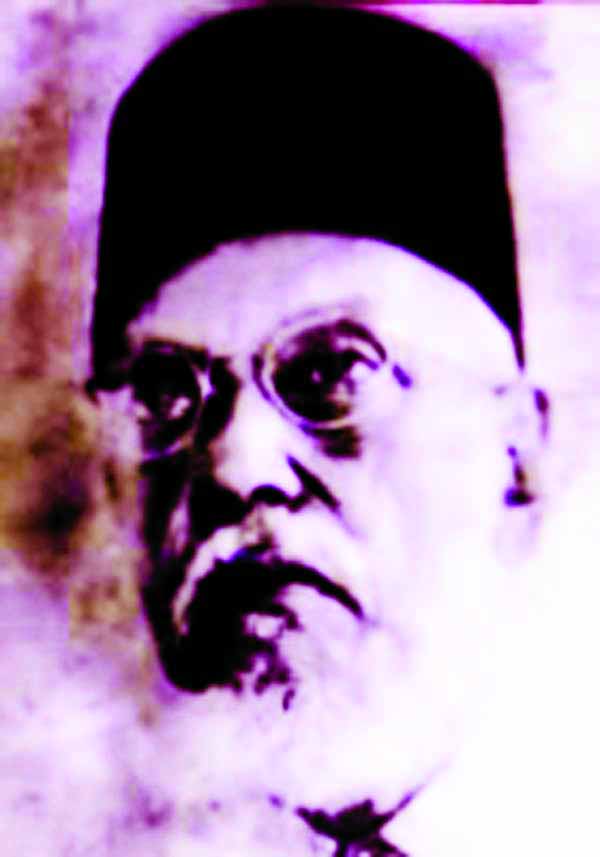
Mohammad Abdul Awwal
Ali, Syed Emdad (1875-1956), was a writer, editor. He was born in a family in Bikrampur, Munshiganj. He had to earn his bread while at school and college. He passed the Matriculation Examination from Munshiganj High School and the FA (Intermediate) Examination from Jagannath College, Dhaka. Financial problems prevented him from studying further, and he dropped out to start teaching at a school in Netrokona. In 1903, he joined the police department as a sub-inspector. In recognition of his services, the British Government awarded him the title of ‘Khan Sahib.’
From his boyhood, Syed Emdad Ali showed inclination towards literary pursuits. In 1903, he joined Nabanoor, a Bangla monthly journal, as editor. In one of his editorials, he wrote, “The development of the downtrodden Muslim community will be achieved only through literary activities. We invite all Muslim writers in Bangla to join in our endeavour to awaken the Muslims of this country.”
Syed Emdad Ali wrote both short stories and poems, some of which were published in the journal. He also contributed to various Bangla journals such as Moslem Hitoisi and Bangiyo Musolman Sahitya Patrika. He was against the use of highly Sanskritised vocabulary in Bangla as well as the unnecessary use of Persian and Arabic words. A liberal humanist, Emdad Ali believed in communal harmony.
His only book of poems, Dali (Basket), a collection of thirty-three poems, was published in 1912. The most famous poem in this collection is perhaps ‘Sekendra’, inspired by the tomb of the Mughal Emperor Akbar. His poem ‘Eid’ is probably the first poem in bangla literature on Eid-ul Fitr. His prose works include Hajera, a novel, and Taposi Rabeya, a biography.
Ali, Syed Emdad (1875-1956), was a writer, editor. He was born in a family in Bikrampur, Munshiganj. He had to earn his bread while at school and college. He passed the Matriculation Examination from Munshiganj High School and the FA (Intermediate) Examination from Jagannath College, Dhaka. Financial problems prevented him from studying further, and he dropped out to start teaching at a school in Netrokona. In 1903, he joined the police department as a sub-inspector. In recognition of his services, the British Government awarded him the title of ‘Khan Sahib.’
From his boyhood, Syed Emdad Ali showed inclination towards literary pursuits. In 1903, he joined Nabanoor, a Bangla monthly journal, as editor. In one of his editorials, he wrote, “The development of the downtrodden Muslim community will be achieved only through literary activities. We invite all Muslim writers in Bangla to join in our endeavour to awaken the Muslims of this country.”
Syed Emdad Ali wrote both short stories and poems, some of which were published in the journal. He also contributed to various Bangla journals such as Moslem Hitoisi and Bangiyo Musolman Sahitya Patrika. He was against the use of highly Sanskritised vocabulary in Bangla as well as the unnecessary use of Persian and Arabic words. A liberal humanist, Emdad Ali believed in communal harmony.
His only book of poems, Dali (Basket), a collection of thirty-three poems, was published in 1912. The most famous poem in this collection is perhaps ‘Sekendra’, inspired by the tomb of the Mughal Emperor Akbar. His poem ‘Eid’ is probably the first poem in bangla literature on Eid-ul Fitr. His prose works include Hajera, a novel, and Taposi Rabeya, a biography.

